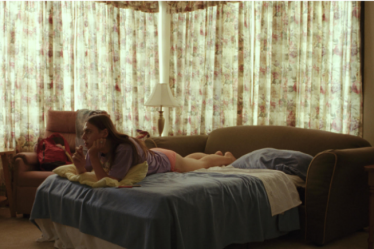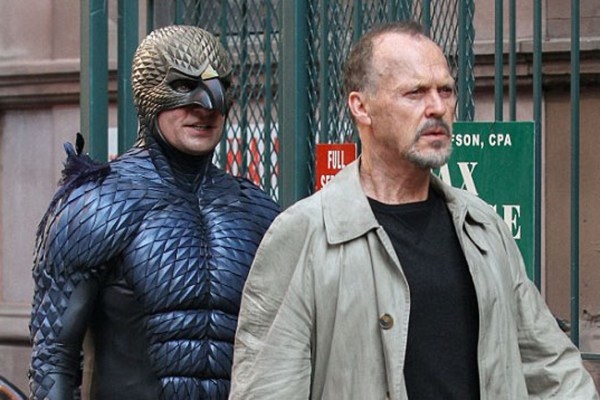
Director/co-writer Thyrone Tommy’s debut feature Learn to Swim is premiering on Netflix on Monday, August 15th. It’s just the kind of languid, intense story of love and loss that demands to be watched during the most sweltering days of summer. It follows sax player and arranger Dezi (Thomas Antony Olajide), as he reflects on his relationship with improvisational Latina singer Selma (Emma Ferreira). Questions build up. Why doesn’t Dezi play anymore? Why won’t he get his infected tooth taken care of, instead of worrying it like he deserves the pain it’s giving him? Flashbacks to a year before when he was with Selma allow the viewers to slip into Dezi’s memories with him, experiencing the arc of a love that has left him bereft and hopeless.
At first the flashbacks in Learn to Swim that reveal Dezi’s experiences are a bit confusing, which might create distance in some viewers. When and where is he? As his toothache worsens and his stoicism threatens to eat him from the inside, the switches in time become clearer. It’s just one of many metaphors Tommy is making about the nature of grief and guilt. Dezi is haunted and in more and more pain, but he seeks stronger medicine instead of solving it at its source.
The film sneaks up on you like a really great solo in a long-form jazz performance. It grooves along, melancholy and understated, and then suddenly hits you like Sarah Vaughan’s vocal texture painting, bowling you over and putting you all in your feelings.
A film’s ability to pull you in like that begins and ends with the director and writers, so kudos to Tommy, and his co-screenwriter Marni Van Dyk. It is Olajide’s performance, however, that keeps you riveted. Even as many of the questions are left half-answered, the actor demands the attention of viewers, for better or worse, through Dezi’s experience. He makes us feel as disoriented and emptied out as he does, but somehow also ultimately offers us peace. The script can only go so far. The word may be the word, but that’s some skill right there. Olajide has a future, or he’d better have.
To read the review in its entirety, go to AWFJ.org HERE.



